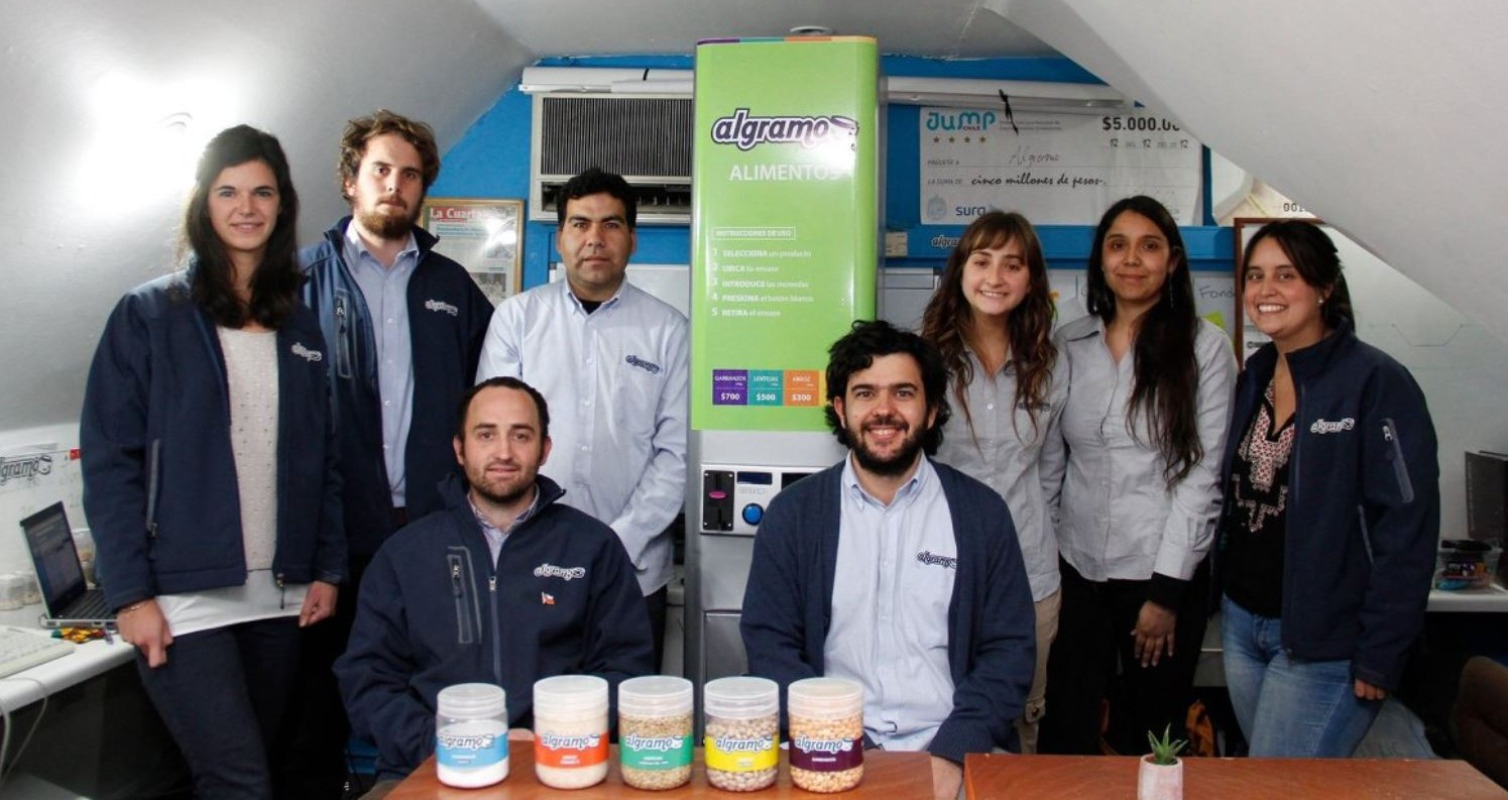Algramo strategically places its vending machines in lower-income communities – the very areas hit hardest by the economic phenomenon known as “small-format punishment.” In these neighborhoods, large supermarkets with their bulk discounts and bargaining power are rare. Residents rely instead on small bodegas and mom-and-pop stores, where everyday goods can cost up to 40 % more than in wealthier districts simply because of higher overhead and lower purchasing volume.
Breaking the Poverty Premium
Algramo’s machines directly challenge this inequality. The first 20 units deployed in Santiago dispensed core staple foods – rice, lentils, beans, and chickpeas – at prices significantly below those of traditional staffed stores. By eliminating the need for employees, advertising, rent for shelf space, and individual packaging, Algramo passes the savings straight to the customer.
Pay Only for What You Need
Customers choose the exact weight they want or can afford – 200 g, 1 kg, or anything in between. This “by-the-gram” model means families never have to buy more than they need or stretch their budget for a full pre-packaged size.
Zero-Waste Refill System
On a customer’s first visit, the machine dispenses a durable, RFID-tagged reusable container at minimal cost. From then on, users simply bring the same container back for refills, drastically reducing single-use plastic waste while earning loyalty discounts.
Triple-Impact Mission in Action
Algramo’s core philosophy is to generate positive economic, environmental, and social outcomes simultaneously. By delivering bulk-quality prices to the families who need them most, in a packaging-free format placed inside existing neighborhood stores, these vending machines embody that “triple impact” promise.
The Road Ahead
Starting from its proven base in Santiago, Algramo is expanding to additional cities across Chile and into neighboring countries. The company is also developing new dispensers for liquids such as cooking oil, detergents, and cleaning products, further broadening affordable, sustainable access to everyday essentials for underserved communities.
